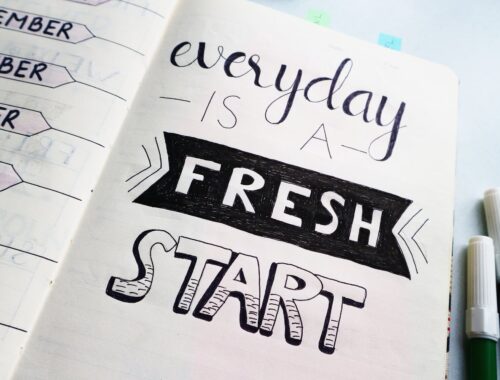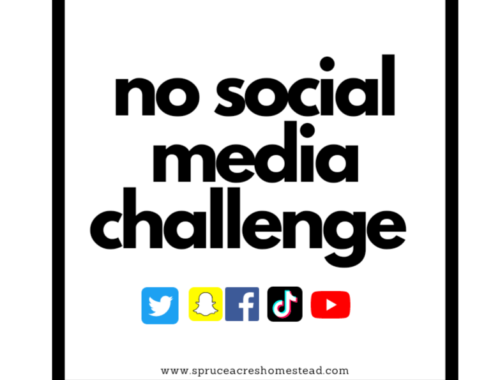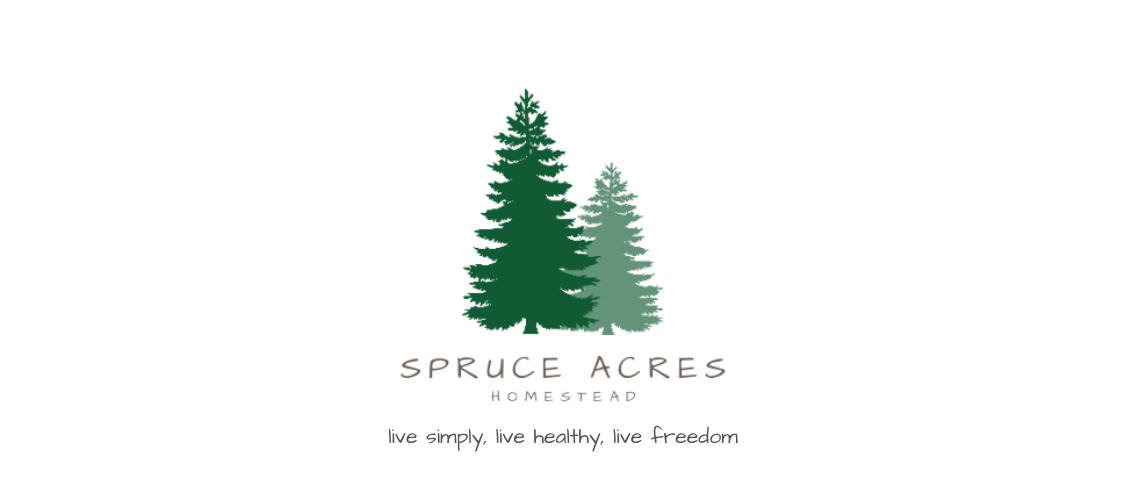39 Ways to Become More Self-Reliant
What’s one thing that saves you money, gives you better health, and makes worldwide pandemics a mere blip on your radar?
Being self-reliant!
Self-reliance is relying on your own skills and abilities, and judgement to provide for yourself and your family.
Famous American poet, Ralph Waldo Emerson, wrote an essay in 1841 titled, “Self Reliance” that emphasized individualism. He believed that each individual should avoid conformity and follow their own instincts and ideas.
Self-reliance Versus Self-sufficiency
The two are often used interchangeably and I am guilty of that too. They are similar and build on each other but let’s break down the difference.
Self-Reliance
Being self reliant is a characteristic, a personality quality. Your grit, your determination, your “figure it out can-do” attitude to get things done.
Self-reliance is about relying on ones own personal abilities and thoughts. Being self-reliant is a person aspiring to not be dependent on any external “factors”. Its about you.
Here, what a person makes, gets or obtains may be more (or less) than what is “sufficient”.
Self-reliance is the conviction, dedication, fortitude, and personal skills one has, and needs, in order to reach or aspire towards a goal. Any goal, especially self-sufficiency.
[convertkit form=1856289]
Self-Sufficiency
Self-sufficiency is the “stuff”. What resources a person obtains, makes or has and is enough for their needs. It is “sufficient.”
As in, sufficient quantities of what is needed.
A person who is determined to become self-sufficient, is self-reliant through their desire and determination.
In a nutshell, self-reliance is the motivation and skills that get the job done. Self-sufficiency is the end result of determination. Having enough of what a person needs, and having obtained it themselves.
Your reliance on your own skills and developing them allows you to to build the resources to be less dependent on conventional needs. Therefore, you are more self-sufficient.
Why Be Self-Reliant
Not to be doomsday but you never know what may happen. I think 2020 showed everyone just how fragile our systems we rely on actually are. How quickly people turned to learning how to make sourdough starters when yeast disappeared.
Not only that but it also brought a shortage of of products and an awareness of the major shortcomings of the medical system.
Less reliance means less money going out and more money in your pocket. You’re no longer paying for convenience or the need of anyone else’s labour.
Knowing how to do things yourself and make your own items is less money you have to spend. You get to reap and keep the CEO benefits of sales. Having the skills and resources also allows you to barter and trade with others for their skillset and resources.
RELATED: 12 HOMESTEADING SKILLS TO LEARN OVER WINTER
Healthier, happier lifestyle. Cleaner products, better food and diet, simple living with less stress and chaos because you know you have the skills and resources to handle anything life throws at you – including kids!
How to Be Self-Reliant
Being self-reliant starts with weaning yourself off of being dependent.
In today’s world our basic needs for survival are met through a complex, worldwide system. Nothing is truly local.
Your basic needs include food, water, shelter, medicine, sanitation, security, heat and clothing.
I bet you could list a few other things you’d be hard pressed to be without!
To be self-sufficient in any one of those areas would take a great deal of hard work and self-reliance. It is entirely possible but the grit’s got to be real gritty!
Is it easy? No. There’s a lot of hard work and struggle involved, no matter how long you’ve been learning. But the rewards are very rewarding.
[convertkit form=1856289]
39 Ways To Start Being More Self-Reliant
The point us to start somewhere. As with anything, you learn in layers; building upon each skill level as you master or automate it into a habit and way of how you do life.
Look at this list, choose 3 or 4 to start, and just start. Learn and action what you learn. Remember, 90% of learning comes from the act of doing and figuring it out. Ok, I just made that statistic up but its totally true!
- Plant a garden and grow your own food.
- Store and stockpile foods whenever they are on sale.
- Reduce your need for power to reduce your expenses and find an alternative.
- Reduce your need for heat. Find an alternate heat source like a wood stove.
- Stock a natural medicinal cabinet for ailments and everyday issues.
- Buy and collect useful books so you have knowledge without the internet.
- Mend clothes, trade or buy secondhand to reduce expenses and support the slow fashion movement.
- Make your own products and stop buying them from the store. Less expense and better ingredients.
- Learn survival skills like knot tying, starting a fire in any elements, and creating shelter.
- Build skills not dependent on power that can be used in trade ie. Woodworking, plumbing
- Get stronger physically which will make tasks easier to accomplish
- Reduce any costs and expenses you can and use a budget.
- Composting to increase healthy soil and crop yield.
- Learn negotiation skills to better your trading outcomes.
- Use reusable items, not single-use
- Learn to purify water or stockpile tablets.
- Plant berry bushes and trees for future harvests.
- Cook from scratch to save money, better health, and skills.
- Learn herbal remedies for physical and emotional or mental ailments.
- Pay down debt as quickly as possible.
- Learn how to repair broken items yourself.
- DIY the things you need.
- Get to know your neighbours so you can trade skills and resources
- Eliminate bad habits that may be costing you time and money like smoking, social media scrolling, etc.
- Repair your own equipment to save time and money,and gain a tradable skill.
- Learn to cook without stove like on an open fire or through solar.
- Raise animals for food and learn proper care, harvesting and preserving techniques.
- Learn first aid for emergency situations.
- Collect rain water and learn storing techniques for potability and gardening or plumbing use.
- Canning your own food for an unhampered food supply year-round.
- Learn dehydrating for different foods or plants and storage.
- Collect and learn manual tools to reduce power needs.
- Make your own soaps and candles from basic ingredients to save money and have sanitation skills.
- Hunting for your own food.
- Save seeds for future crops and trade.
- Make a root cellar for food storage.
- Emergency fund of cash for at least 3 months of expenses.
- Create additional income streams using your skills and knowledge. Ie. homemade items, beekeeping, etc.
- Learn foraging to identify and prepare medicinals or wild foods.
Learning new things is the way of the homesteader. With even the basic skills, you can accomplish much in your journey to self-reliance.
Learn as many skills as you can!
DIY Cloth Paper Towels
You May Also Like

How To Review And Evaluate Your Homesteading Goals For Success

Creating Habits That Stick – a Science-Backed Method That Works


